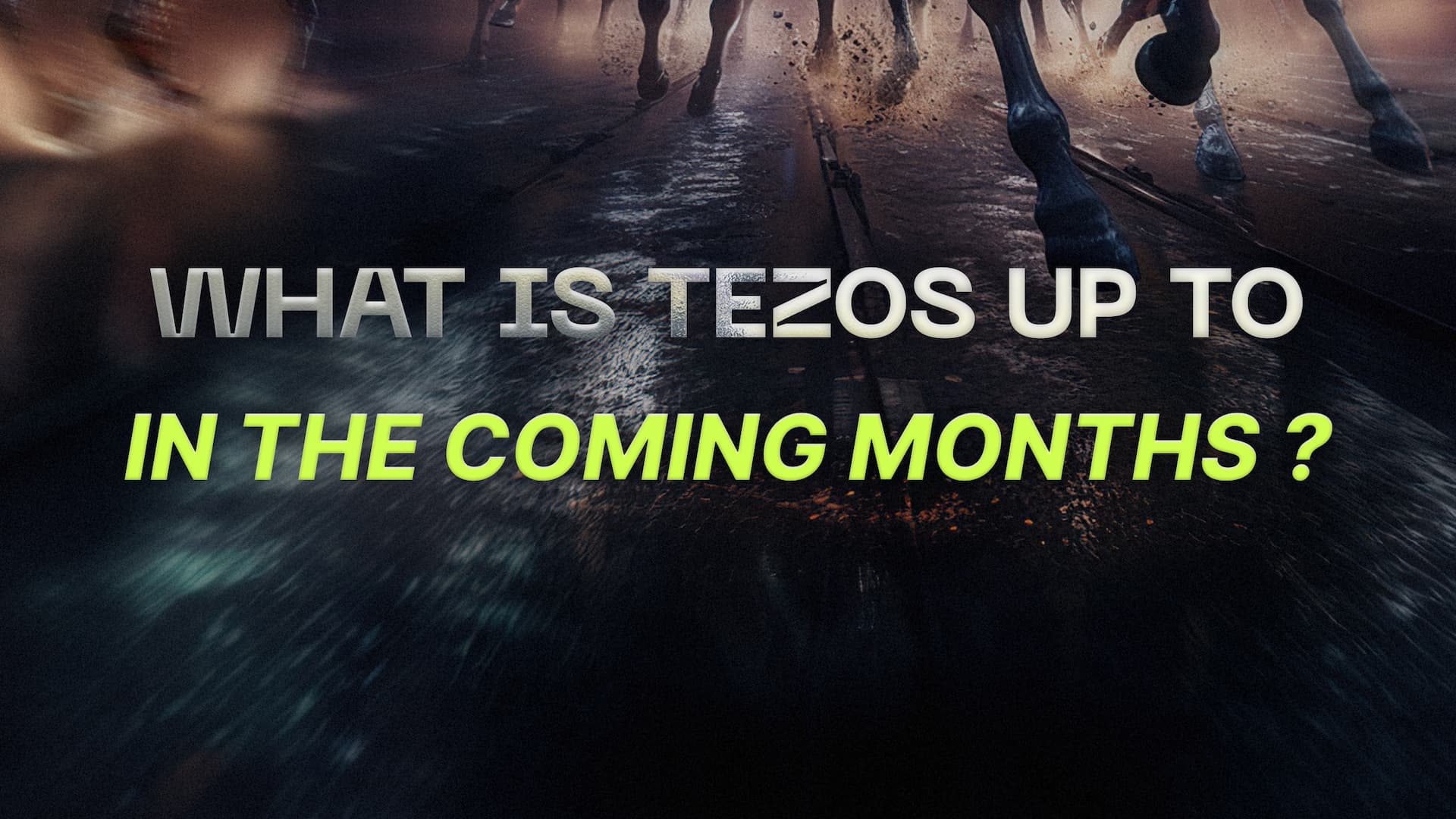NFT: What is a Fantasy Game in Web3?
One of the avenues for bringing Web3 technologies to the general public is the video game industry. Although still in the process of structuring, there is already a sector that has successfully captivated a large audience: Fantasy Games. Stables, precisely, falls into this category of video games, and in this guide, we will explore what a Fantasy Game is!
What is a Fantasy Game?
At the risk of disappointing you, Racers, the concept of Fantasy Game did not originate with the emergence of Web3 gaming. Nevertheless, it is undeniable that blockchain and NFT technologies have brought significant advantages and opportunities for users!
A Fantasy Game is a game derived from Fantasy Leagues, an extremely popular trend in North America. In essence, these are virtual leagues played online and linked to a real competition, where real-life performances directly impact those in the video game.
Obviously, this concept works particularly well with the world of sports, and many have already adapted (soccer, basketball, American football, rugby, ice hockey, baseball, combat sports, etc.). Considering the increasing connection between the worlds of sports and Web3, the development of sports Fantasy Games occurred quite naturally.
At the time of writing, there are already a few big names in the Fantasy Game industry:
- Sorare with soccer, basketball, and baseball;
- Oval3 with rugby;
- Metafight with combat sports;
- Stables with horse racing.
Understanding Fantasy Games in Web3
Fantasy Games are evolutions of Web2 games like Fantasy Leagues, incorporating certain positive aspects enabled by Web3 technologies. To understand better, let's take the example of the most famous Fantasy Game: Sorare. The idea is to collect cards of real soccer players, whose performances in official matches are reflected in your team's performance in the game.
Why add NFTs and Web3 to all of this? Some games already do this and work very well, you might say. Yes, that's true, but that's not a reason not to evolve!
In a classic Fantasy football game, when you bet on a promising young talent and they turn out to be an excellent player, you don't gain much (except perhaps the recognition of your friends).
In a Web3 game, the difference is that your card is an NFT, and you have complete and tangible ownership of it. Moreover, it appreciates in value, and you can trade or sell it as you wish. In short, as a user, you are rewarded at the true value of what you produce in the game and the time you dedicate to it.
This is undoubtedly one of the major issues with classic gaming: what a player builds inside the game has no tangible value outside (unless they sell their account, which is often prohibited). Now, with NFTs, the value is decentralized and circulates fairly among players! And it works extremely well for Fantasy Games like Stables.
📎 Find all our articles on the Stables blog
Stables, the Fantasy Game of horse racing
Our game, Stables, fits perfectly into the line of Fantasy Games that emerged with the rise of Web3 technologies. The virtual ecosystem we have built is closely linked to the real world, in the sense that each NFT is associated with a racehorse. Of course, all of this is made possible by the strength of PMU and the rights obtained from the major entities governing horse racing.
Let's take a moment to delve into how the game works. The main element of Stables is the immense virtual racecourse we have created: the Equiverse. Within it, fictitious races take place, the outcome of which is partly determined by what happens on real racecourses, where the grass, speed, and adrenaline are very real.
Indeed, during the so-called premium races, or PMU races, your horse's performance in real life directly affects the game and allows you to win S-Points. To find out if a race is PMU or PMH (not eligible for S-Points winnings), we have provided a comprehensive article on this topic, I invite you to check it out, Racers!
You probably know, if you're a fan of the horse racing world: official races don't happen every weekend. On average, a horse must compete 8 to 12 times a year. Therefore, to continue to fuel your enthusiasm, we have envisioned our own game! The principle is very simple: you register your horse, define strategies, and earn S-Points based on your performances!
Related posts
Discover our other articles

Tezos: How do I stake XTZ on a Ledger?

What is Tezos up to in the coming months?

Autumn Season details revealed!
Don't miss any news from Stables anymore
Want to find out more about the world of Stables? You've come to the right place.



